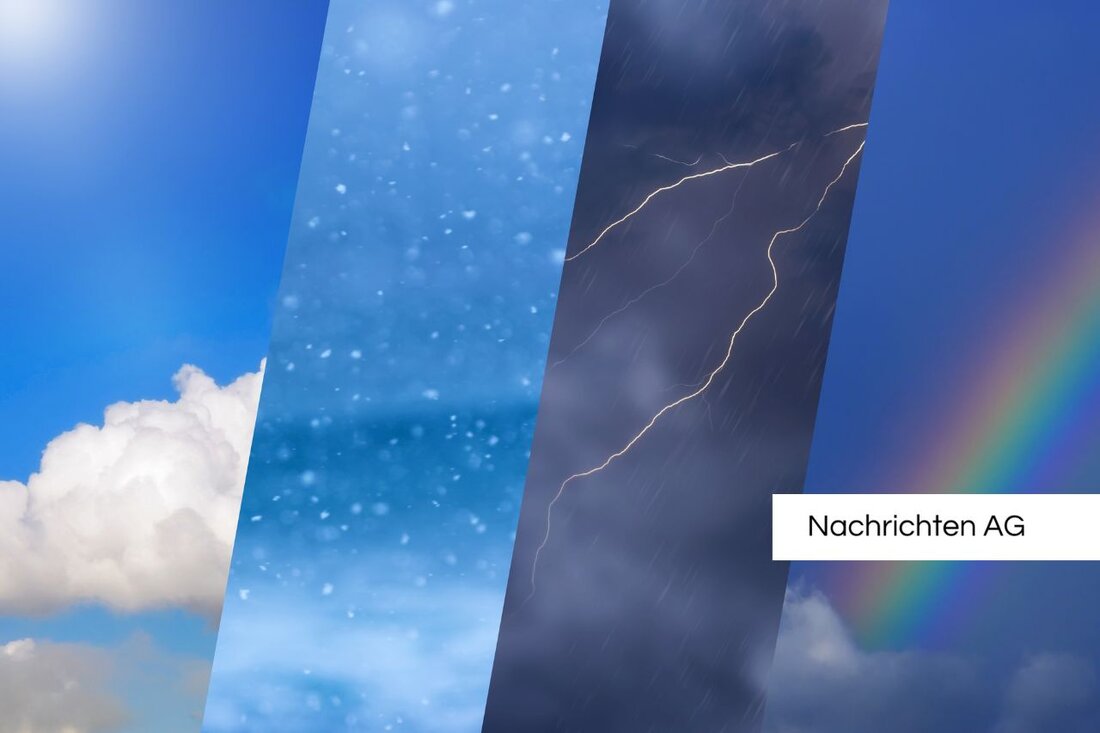Climate change threatens cod: New fish report for the North Sea!
Climate change is changing fish stocks in the North Sea: cod is becoming rarer, heat-loving species are spreading.

Climate change threatens cod: New fish report for the North Sea!
Climate change not only has far-reaching consequences for the weather and ecosystems, but is also changing fish stocks in the North Sea. Attentive observers in recent years have noticed that heat-loving species such as sea bass are being seen much more frequently on our coasts, while the once popular cod is becoming increasingly rare. According to reports from north24 The situation surrounding fish species has changed significantly in the last two decades. Cold-loving species such as cod suffer from rising water temperatures, which make life more difficult for them and their conspecifics.
What is particularly alarming is the fact that the cod population is noisy Geo has declined dramatically over the last 20 years. More and more species that were previously native to the North Sea are coming under pressure. The European eel, for example, is considered critically endangered and the dogfish is threatened with extinction. On the updated Red List of the Federal Agency for Nature Conservation (BfN), 105 fish species in German marine areas are assessed, with around two thirds considered to be safe.
A look at biodiversity
The changing conditions in the sea also mean that the short-snouted seahorse is being spotted more frequently on the German North Sea coast. However, increasing volatility in the ecosystem cannot be overlooked. These changes also have to do with the intensive use of the North Sea, which puts additional pressure on fish populations.
Another example of the worrying developments is the stingray, which is considered extinct for the first time. This loss of species is an alarm sign for all marine biodiversity. Climate change is not only changing the distribution of fish species, but also the interaction of entire ecosystems. The WWF highlights that rising carbon dioxide levels and higher water temperatures are causing water to become not only warmer but also more acidic, threatening the survival of many marine life.
Demands for action
The BfN urgently calls for stronger protected areas and a sustainable fisheries policy. The need for habitat restoration is becoming increasingly clear. It is crucial that fishermen and consumers are made aware of sustainability issues. This is the only way to ensure that future generations can also benefit from the abundance of the sea. According to information from WWF Under the influence of climate change, fishing puts pressure on the habitats of marine life and endangers the food supply of millions of people worldwide.
The aim must be sustainable stock management that can increase fish biomass and promote the ability to adapt to environmental changes. If we continue to hesitate, we could face serious food emergencies. Therefore, it is time for all of us to take responsibility and offer our material help to improve the situation by choosing sustainably caught fish.

 Suche
Suche
 Mein Konto
Mein Konto